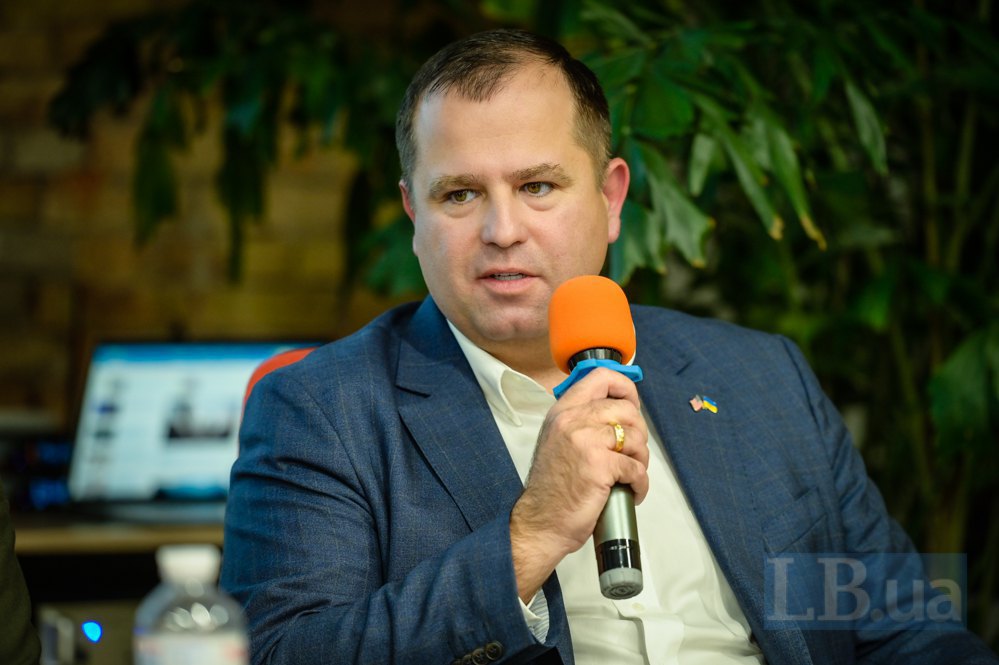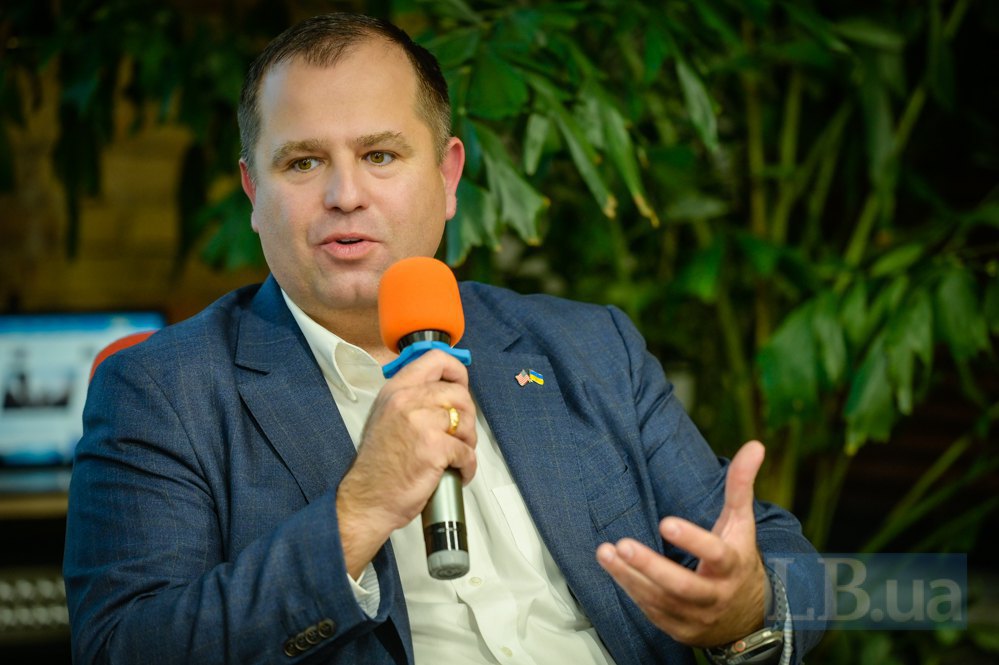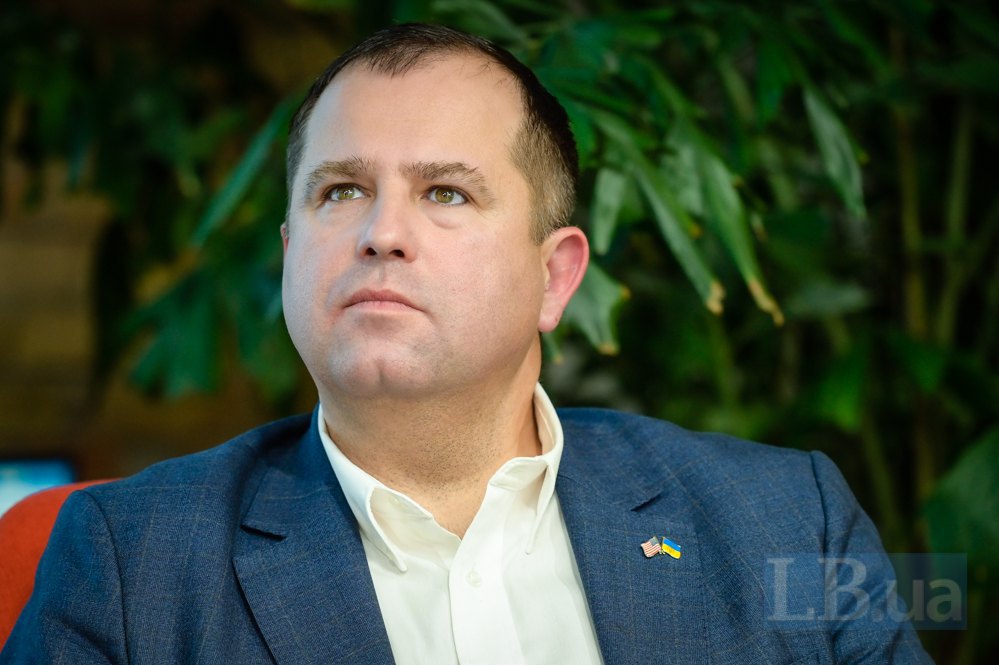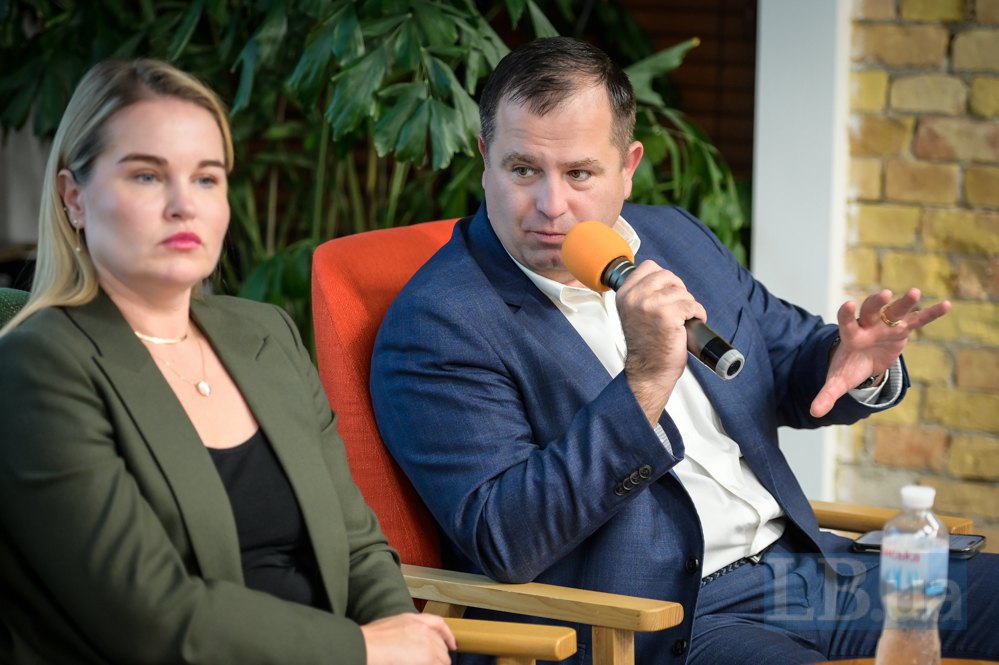
“Why has the rhetoric about a ‘loss of appetite’ for funding Ukraine, as mentioned by US House Speaker Mike Johnson, started? Because the $61 billion package is being used extremely slowly and not entirely effectively. Let’s be honest.
How is it possible that three committee chairmen—Republicans Mike Rogers, Mike Turner, and Mike McCaul—have written letters quarterly, pressing the White House to expedite the use of allocated funds and provide more long-range missiles? When I was in Milwaukee at the Republican Party convention, people asked me where, in this funding law, any restrictions were placed on using weapons in Russian territory. There is no such provision in the law. What is the White House relying on?” Unhuryan asked.
He noted a paradoxical situation where Republicans are pressuring Democrats to speed up aid delivery.

“Why? Because everything is dragging on [referring to the war in Ukraine]. From November to April, the White House essentially blackmailed the House of Representatives, saying that delays in voting were dragging things out in Ukraine. We voted. So, why is there still a delay? Because someone decided to allocate funds and set goals in a painstakingly slow, incremental way. Today, we need swift action,” said the former MP.
Unhuryan added that President Zelenskyy has discussed quick decision-making with both former and current U.S. presidential candidates. “Today, I interpret these remarks about a ‘loss of appetite’ not as reluctance to support Ukraine, but as fatigue with an endlessly protracted war of attrition. We must be practical and send a unified message through all channels,” added the coordinator of the Christian Platform for Ukrainian-American Partnership.
He recalled that Republican congressmen were the first to visit Ukraine after the full-scale invasion began.
“The congressmen who came here when there was no embassy, no security measures, no protocol services, from the first or second week of the war, were Republicans—deeply religious people who arrived with humanitarian aid and visited churches. Senator Steve Daines and I went to Bucha on the second day it was accessible. Now Daines chairs the Senate Select Committee, and we remain in contact as they work toward a Senate majority. He was the first to publicly advocate for the embassy’s return to Kyiv, well before visits by Austin and Blinken in April 2022. It was a matter of conscience,” Unhuryan said.
Unhuryan emphasised the need to analyse everyone who won seats in Congress and engage with them and their districts.

“Secondly, we need to assess who will chair the key committees in the House and Senate. These leaders can influence even the White House’s direction. Let me remind you: Michael McCaul, Mike Rogers, and Mike Turner are all supportive of Ukraine. Though there are questions about proportions, majorities and minority leaders are favourable. This demands thorough professional work,” Unhuryan noted.
He stressed that collaboration with the U.S. should extend beyond the central level of diplomacy to include regional engagement.
“The national level is indeed crucial, but these elections showed that the success of traditionalist conservative Republicans was largely achieved at the grassroots level. Unfortunately, these grassroots were disparaged [as ‘garbage’], which played a role. In response, Trump appeared at a rally on a garbage truck. We must remember these grassroots—the local American communities with which our regions, cities, and districts need to build strong ties.
This is why we launched the Ukrainian-American Partnership Platform five years ago: to connect regions. Mayor with mayor, hospital with hospital, police with sheriff, business association with business association,” said the coordinator.
Unhuryan emphasised that Ukraine, as the frontline of Western civilisation’s defence, must continue to communicate its critical role to Americans.

“If you consider the issues that Republicans won on, one was the unchecked migration at the Mexican border. And who’s crossing that border? It’s important for us to create a narrative that shows many of these migrants are agents of Russian and Chinese influence, or their proxies in Latin America, threatening the U.S. They are mutual adversaries,” the former MP explained.
The same logic applies to the economy, he continued.
“Who is obstructing the cheapest sea routes? The Houthis, who block and attack ships. Who backs them and supplies their weapons?
In energy, why does Russia lead in setting prices rather than the United States? The role of China, with its indirect support of Russia, and North Korea’s actions also weigh in. That’s why we need a high-quality media product in English, acting as Ukrainian Carlson Tuckers, if you will, to address these critical issues of concern to American voters,” said the head of the Prayer Breakfast Movement.
Finally, Unhuryan reminded that the U.S. still operates under a two-party system, and the Democratic Party remains influential.
“They are now reflecting on their missteps, and a new generation of leaders is emerging. I admire Hakeem Jeffries. Young leaders from California and Illinois are stepping up. Meanwhile, we’re observing J.D. Vance, Mike Johnson, and Nikki Haley, who’s quite promising. Mike Pence is already presenting his vision for a post-Trump America in what he calls Project 2028.
By the way, there are now two Ukrainians in the House, not just Victoria Spartz [who did not support the $60 billion aid package for Ukraine]. Eugene Wideman, a Democrat, is also entering Congress. This makes it essential to mobilise our diaspora to educate future leaders,” Unhuryan concluded.








